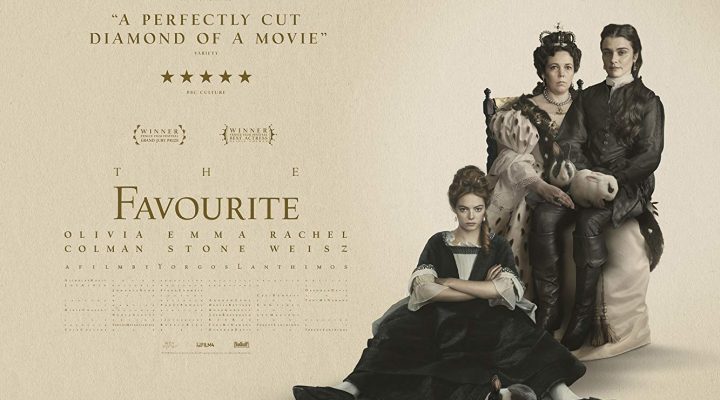With 10 Oscar nominations, including Best Director and Best Picture, The Favourite leads the trend for LGBTQ films that are making history.
The Academy finally revealed its 2019 Oscar nominations early on Tuesday morning. While many are disappointed over the complete absence of women in the category of Best Director, the fact that the 2019 Oscars will be the queerest in history offers much to celebrate. Almost every category includes a queer movie, and five of the eight best picture nominees are representing the LGBTQ community, including The Favourite, Bohemian Rhapsody, A Star is Born, Green Book, and Vice.
Although it is not the first time LGBTQ films have been nominated for Oscars, this year’s race boasts more queer-friendly entries than ever before. In previous years, queer films nominated including Call Me By Your Name (2017), remained an exception in their categories.
Yorgos Lanthimos’ 18th-century comedy-drama The Favourite is particularly ground-breaking for queer women in cinema. The movie focuses on a lesbian love triangle in 18th century England, as Lady Sarah (Rachel Weisz) and Abigail (Emma Stone) fight to be the favourites of Queen Anne (Olivia Colman).
The physicality of the relationships the film depicts remain hearsay. However, in the nineteenth century, same-sex relationships between women were not considered as a taboo. This is not because it was acceptable, but in a world dominated by men, the most negative discourse was about transgressive heterosexual relationships. Yet, lesbianism was rarely considered as a valid form of love and any relationship surpassing the ‘passionate friendship’ was highly stigmatised.
In the era of #MeToo, women are still wildly underrepresented in the film industry. LGBTQ+ cinema has often enjoyed critical attention, but one group more than others. While stories featuring homosexual relationships between white men have gained widespread recognition in popular culture, earning accolades and acclaim, women who love women traditionally experience a deficit in their own representation on screen. When it comes to movies representing queer women without focusing too much on their rejection in society, much less ruling a nation, it hasn’t often been a case of ladies’ choice.
The Favourite makes a refreshing change in the representation of queer women in film, by depicting lesbian love as tender and complex between unique characters at the very helm of a country.

